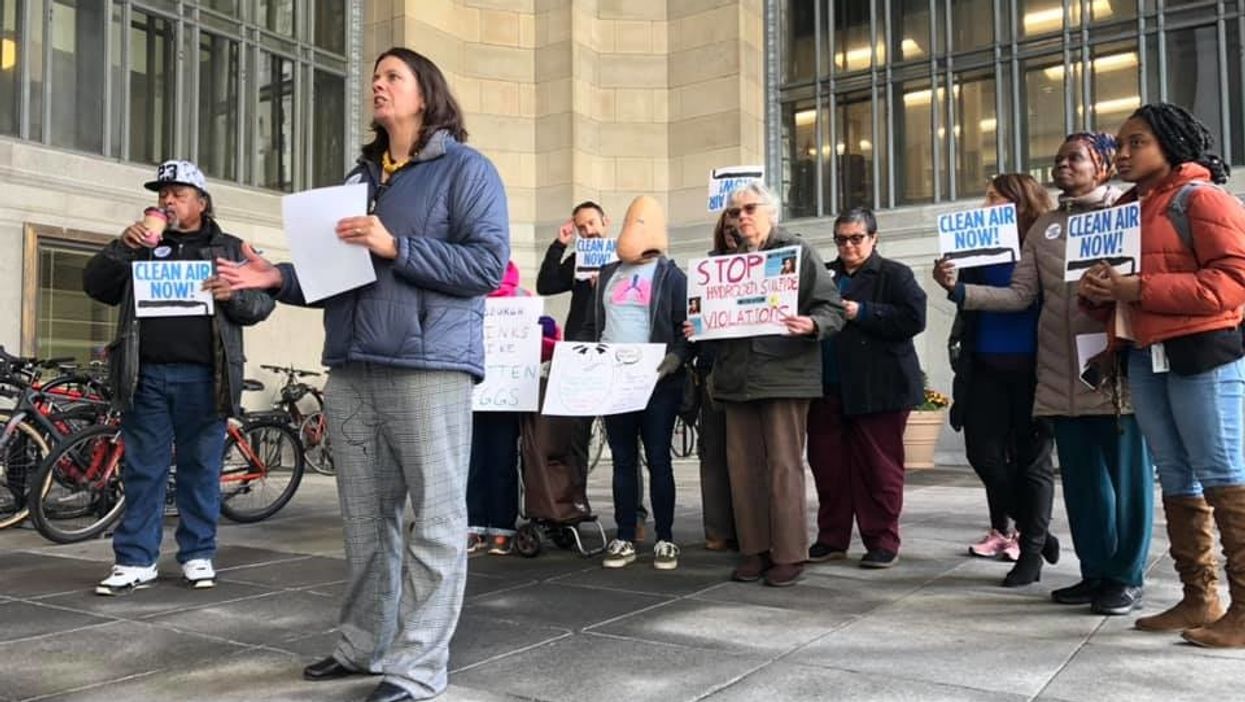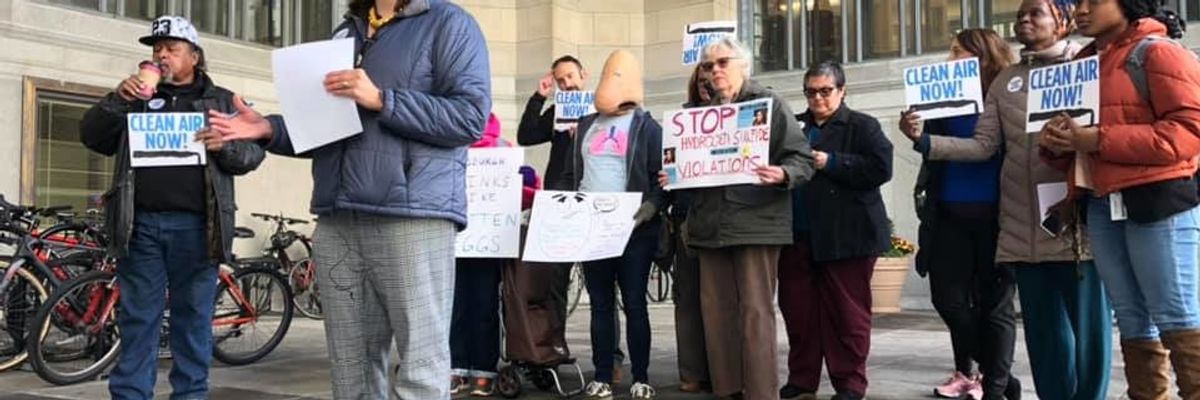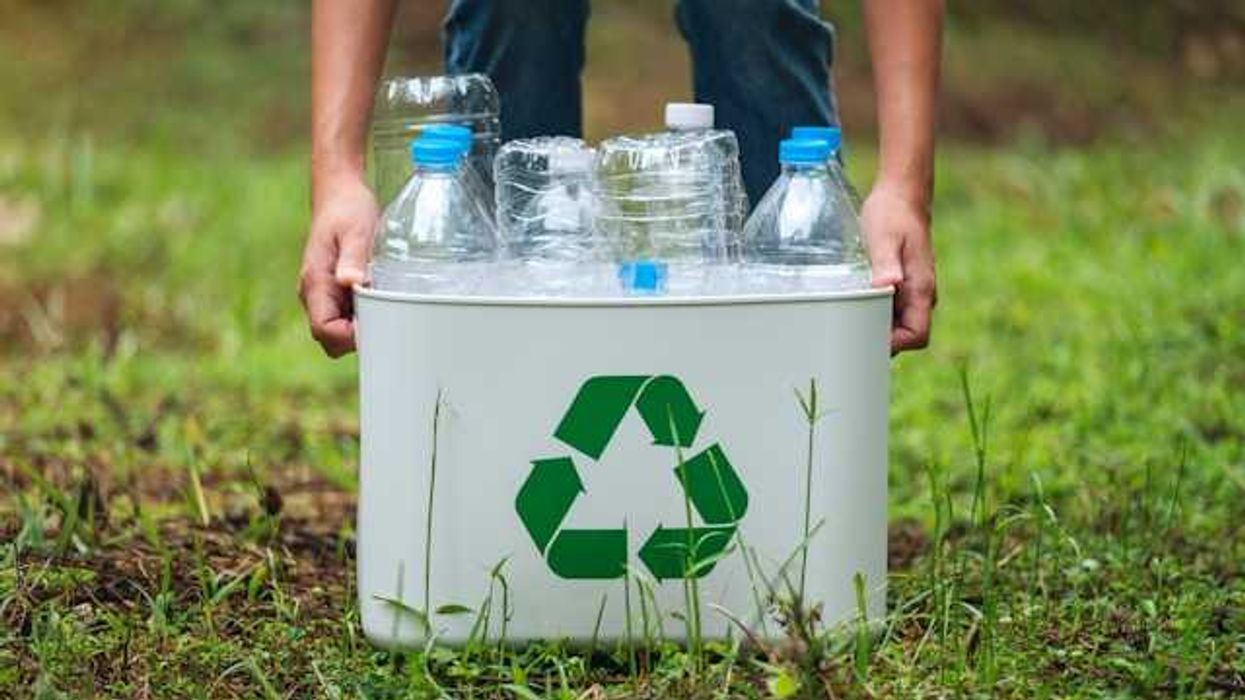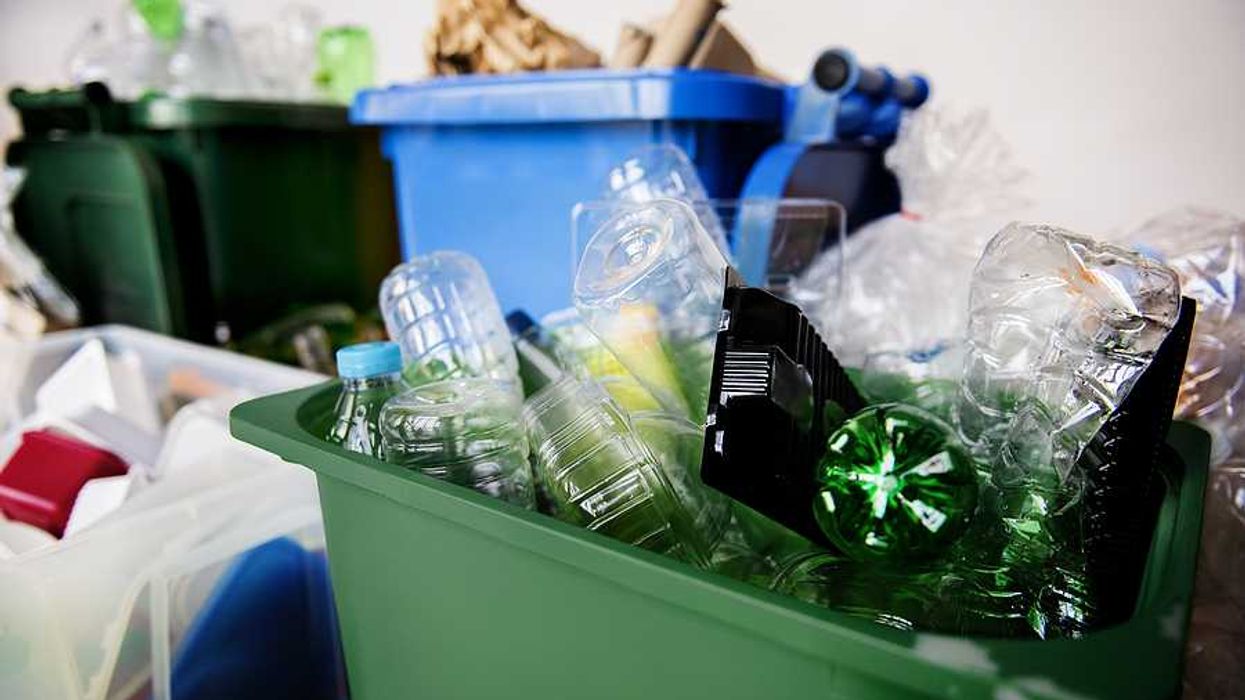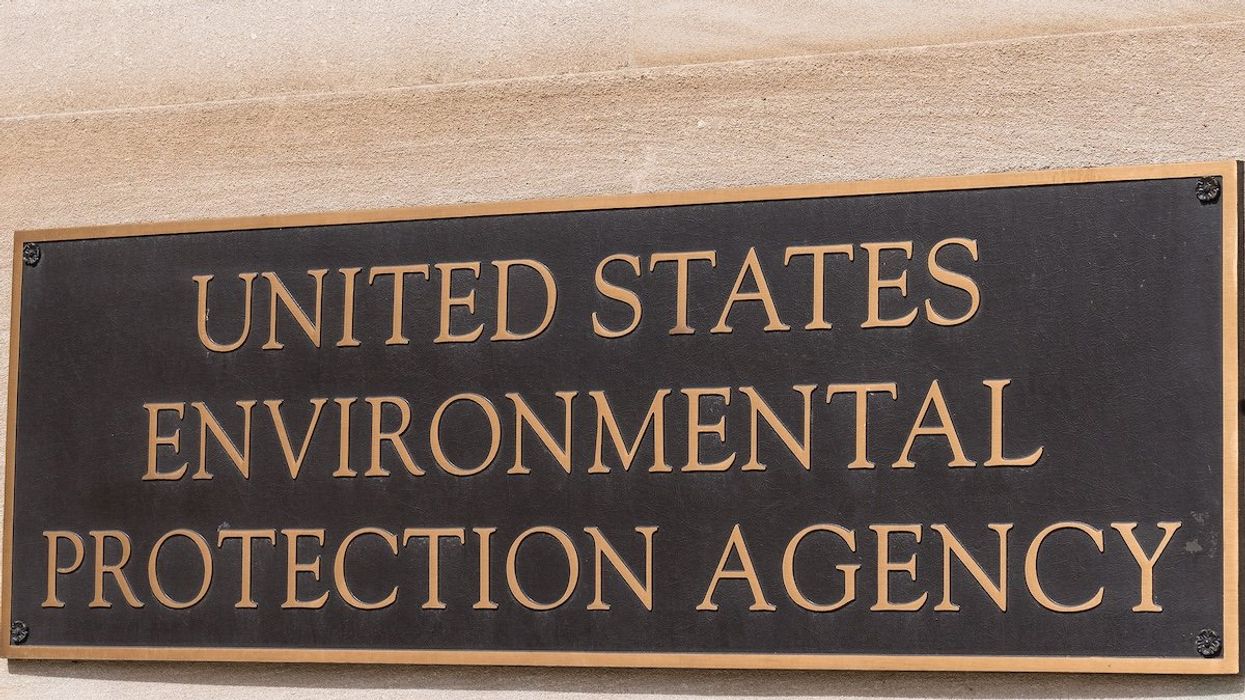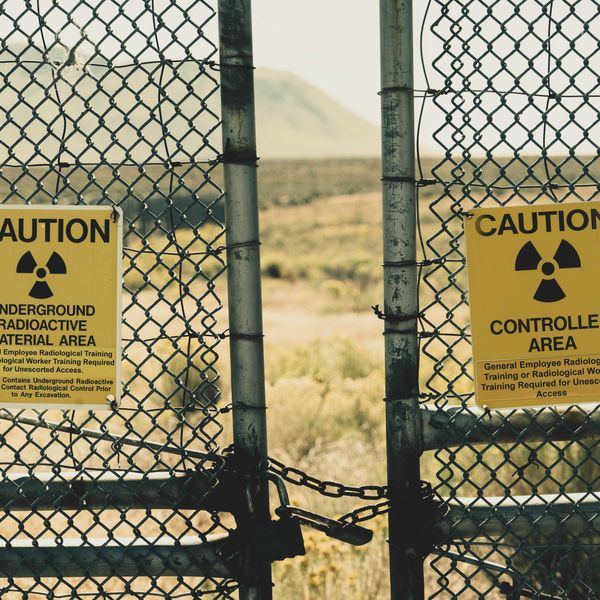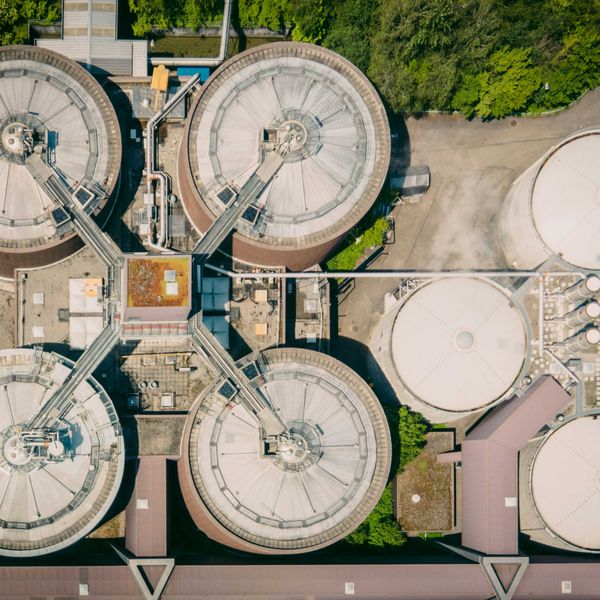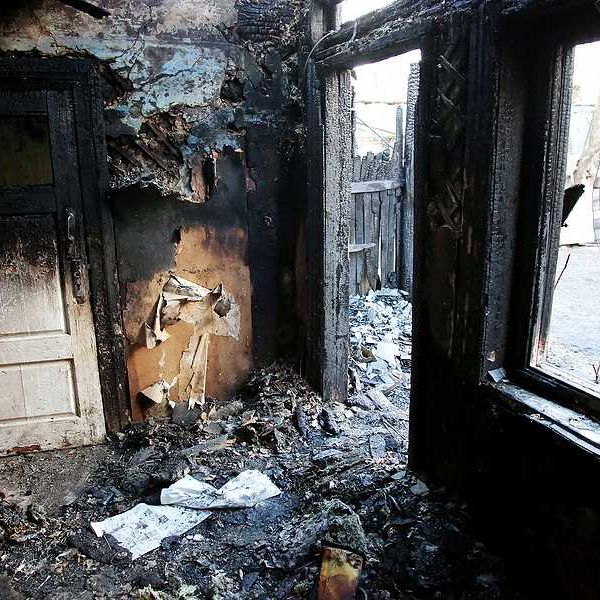PITTSBURGH—Do you smell that?
Residents of many Pittsburgh neighborhoods have been inundated by a smell like rotten eggs several times a week for decades.
Complaints reported through the Smell Pgh app, designed by researchers at Carnegie Mellon University to allow residents to track the smell of air pollution in real time, describe the odor as "acrid," "searing," and "putrid," and attribute the smell to health effects ranging from nausea and dizziness to sore throats, wheezing, and eye irritation.
The smell is likely the result of hydrogen sulfide pollution. Even at low concentrations the chemical can cause irritation of the nose, throat, eyes, and respiratory tract and can contribute to asthma attacks, headaches, poor memory, fatigue, and balance problems. At very high levels (which are usually only a risk for people who work directly with the chemical), hydrogen sulfide exposure can lead to a coma or death.
The pollutant can come from sewage plants, natural gas facilities and landfills, but the largest source of hydrogen sulfide emissions in the region—and in the entire state of Pennsylvania—is U.S. Steel's Clairton Coke Works facility, which converts coal into coke for steel manufacturing by cooking it at extremely high temperatures. The facility regularly breaks clean air laws and causes health problems for residents, including generating emissions that heighten cancer risk, especially for children.
This morning, local advocacy organization Group Against Smog and Pollution (GASP) organized a press conference on the steps of the City-County Building downtown to demand action on hydrogen sulfide emissions.
"We know that air pollution makes people sick, shortens lives, and negatively impacts quality of life," said Rachel Filippini, GASP's executive director. "When you can't keep your windows open on a nice evening, or enjoy working in the garden or feel comfortable sending your kids outside to play because of a reeking odor, then it begins to really affect your whole life."
Filippini explained that the air monitor nearest to the facility has detected levels of hydrogen sulfide above the state's daily average standard of .005 parts per million (ppm) an average of 52 times per year for the last seven years. In 2015, the worst year of the last seven, there were 87 violations.
According to the U.S. Environmental Protection Agency's Toxic Release Inventory, Clairton Coke Works self-reported emitting roughly 120 tons of hydrogen sulfide in 2018, the most recent year for which data is available, while the self-reported emissions for all other sources in Pennsylvania combined totaled about 36.5 tons.
In an email to EHN, U.S. Steel noted the other possible sources of hydrogen sulfide emissions in the region and said the exact causes of these exceedances are unknown.
“I will never forget the first time I experienced that smell”
Christine Graziano, who also spoke at the press conference, is a resident of Shadyside, one of the East End Pittsburgh neighborhoods downwind of the Clairton Coke Works plant that sees the highest volume of Smell Pgh complaints. She shared that as a kid growing up on Long Island, New York, she had frequent asthma attacks that put her in the emergency room as a result of her dad's smoking. When she moved out (and her dad eventually quit), her respiratory symptoms decreased dramatically—until she moved to Pittsburgh.
"I will never forget the first time I experienced that smell," Graziano said. "I had left my windows open on a hot summer night and awoke to thick, acrid air I felt like I was choking on … My asthma has returned since I moved here, and I frequently get respiratory illnesses. I just finished a month of pneumonia recovery."
Graziano also described a day last January when she and her husband woke up to a smell so bad coming through their air vents that after turning on every fan in the house and weathering one sleepless night due to the persistent stench, they decided to take their 6-year-old son out of town.
"We drove 100 miles away just to spend the night in a hotel somewhere we could breathe clean forest air. When we got home, we invested in new box fans and filters… and we're about to invest in an energy audit to determine where we have leaks in our home, in part to prevent stinky air from seeping in."
Melanie Meade, a Clairton resident who spoke at the press conference, pointed to a recent study by researchers at the University of Pittsburgh showing that systemic racial inequality is worse in Pittsburgh than in most other U.S. cities, and to research showing that black children are disproportionately affected by asthma caused by air pollution.
"At a time when Pittsburgh is looked at as the worst city in the country for black people to live in, this should be a very important issue," Meade said, "but here we sit begging the Allegheny County Health Department to do something."
Coke plant promises

U.S. Steel's Clairton Coke Works. (Credit: Mark Dixon/flickr)
A U.S. Steel spokesperson told EHN, "Environmental stewardship remains a top priority at U.S. Steel, and we have pledged significant investments in our Mon Valley Works facilities as part of our efforts to minimize environmental impact and serve as a good neighbor and corporate citizen."
They also noted that the company has agreed to stop appealing more than $2 million in air pollution fines issued by the Health Department and spend $200 million improving coke batteries, and that they announced a $1 billion investment in May that "includes new technology that will improve environmental performance and energy conservation across our Pittsburgh-area operations."
In May of 2018, the Allegheny County Health Department promised to do something about the stinky air after receiving a barrage of complaints.
"More than 18 months later, nothing has changed," Filippini told EHN. "What we're asking is for the Health Department to live up to their commitment."
Most of the hydrogen sulfide emissions from the plant aren't coming from the plant's smoke stacks, according to the Health Department, but from leaks in the coke ovens.
"One major incentive for finding and fixing the sources of these leaks," Filippini said, "is that we'd also have the co-benefit of reducing other pollutants like benzene, fine particulates, and sulfur dioxide, which are known to cause heart attacks, strokes, and cancer."
Following the press conference, the group delivered a petition with 641 signatures urging action on hydrogen sulfide emissions to the County Board of Health during its bi-monthly meeting.
"The agreement reached this summer with U.S. Steel defines certain procedures for developing new coke oven emission standards, and Allegheny County Health Department is committed to continuing the development of revised coke oven rules," Jim Kelly, the Health Department's Deputy Director of Environmental Health, told EHN.
Kelly said that specific equipment improvements to be made at the Clairton Coke Works include emission control system upgrades and routine independent environmental air compliance audits.
"The overall compliance plan included in this agreement is expected to have a significant impact on fugitive emissions, which are typically the source of H2S emissions," he added. "Some of these processes are already being implemented at the plant."
Kelly also noted that the agreement had a 30-day public comment period in July, that all public comments will be considered by the Health Department, and that "we are working towards an expeditious completion of this process."

